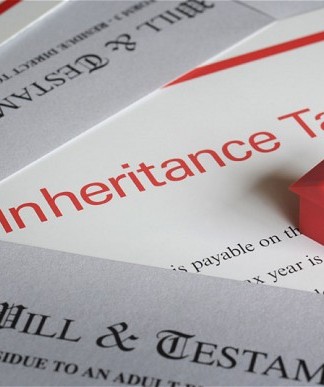There are three big goals that people most often see a financial planning consultant with regards to, according to Richard Cayne of Meyer International. These are: funding your retirement, your children’s education and purchasing a home. In this three-part series of posts, we will tackle each of these goals, the questions you need to ask of yourself and those to ask of your financial planner in order to take the best steps toward reaching the three big financial goals.
Things to Consider About Child Education Savings:
Where You Live Will Reflect the Cost of Your Child’s Education
Think about where you live. If you have paid a lot of money to live in a wealthy suburb, it’s likely that your children will get a great education that is paid for out of your after tax dollars. Your main worry will be paying for their university fees in a few years.
If you are raising your child as an expat, those fees kick in much earlier. If you are bringing up your children in a foreign jurisdiction due to your work, they will likely need to attend an expensive international school since they are not likely to speak the local language well enough to attend a local school. Or perhaps the parents want the International standard over local ones.
“People think about higher education fees, which tend to kick in between 16 and 18 years old, depending on where you are in the world. People forget that if you are raising your kids in Thailand, Singapore, Tokyo or Hong Kong you’re going to be sending them to an international preschool, and then an international school, from about two years old and it costs anywhere between US$15 ~ $30k++ per year,” said Richard Cayne about the expat education experience.
When To Start Saving
That’s where your financial planning consultant comes in. Your planner can suggest the financial tools and products that can help you reach your child’s financial education needs as quickly as necessary.
He suggests that you start early. If you know you want to have children, start saving for this eventuality as soon as you get your first full-time paycheck. Once you have found your partner and become engaged, this should be one of the first financial discussions you have, alongside those about saving for retirement and buying a home, if you have not already done so.
Even if you are lucky enough to live in a part of the world that offers a wonderful free education, you will likely still have to contend with the costs of living expenses and then there is university.
The True Cost of Education
“No matter where you are in the world – high-end or low-end school, private or public university – your kid still needs to cover the cost of living: accommodation, food, books, transportation, entertainment and clothing. You are definitely looking at $20-30k per year and the school fees on top of that. It can be as much as $100k per year in the States – and that’s per year per kid! You also need to adjust those numbers for inflation if you are starting to save now for something that’s happening in 16 or 18 years. So, if you were imagining a total of $400k per kid, adjusted for inflation and you have two kids – that’s more than $1.5 million!” said Cayne.
That’s a lot of money and, according to Richard Cayne, it gets “really scary, really fast.” So, how are you going to financially provide your children the education they deserve?
Thankfully, 16-18 years is also a lot of time to make a profit on your investments and to add to your savings. Whatever the goal number turns out to be, a certified financial planner can sit down with you and help you figure out how to reach it.
For further information about saving for child education savings and other investment topics, Richard Cayne and Meyer International can be reached at (+66) 02 611 2561















